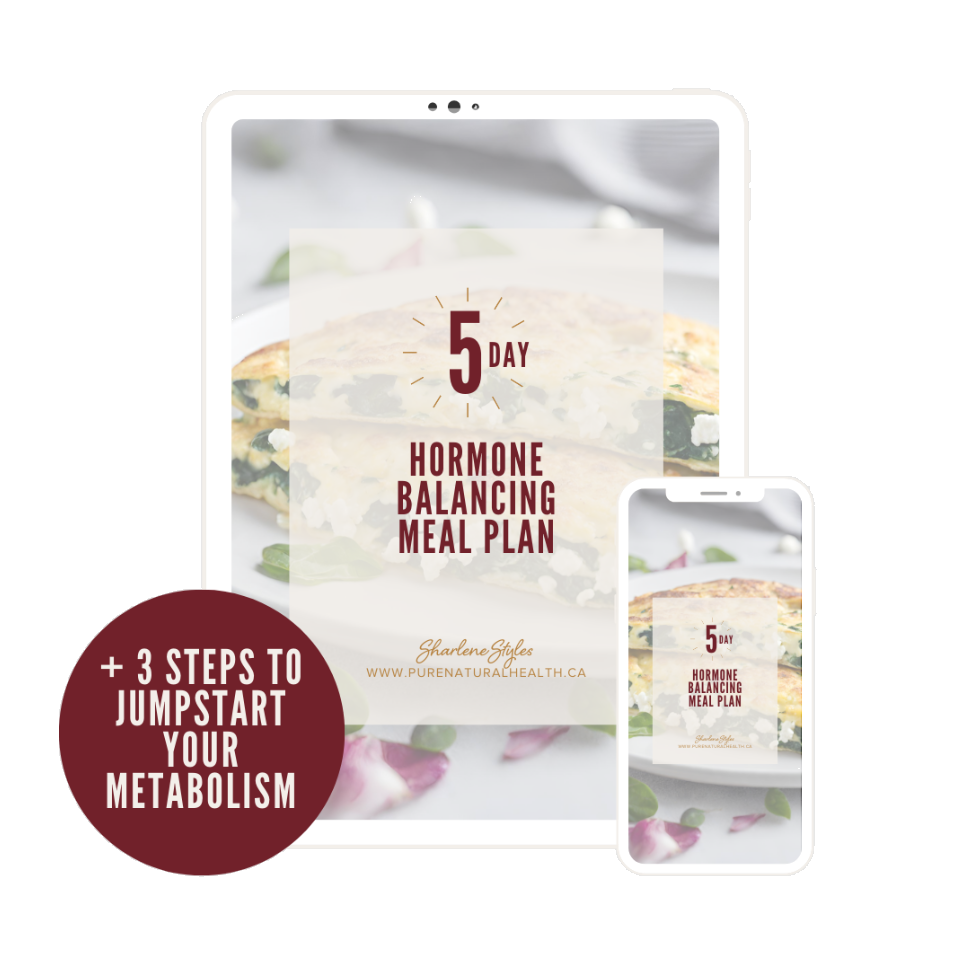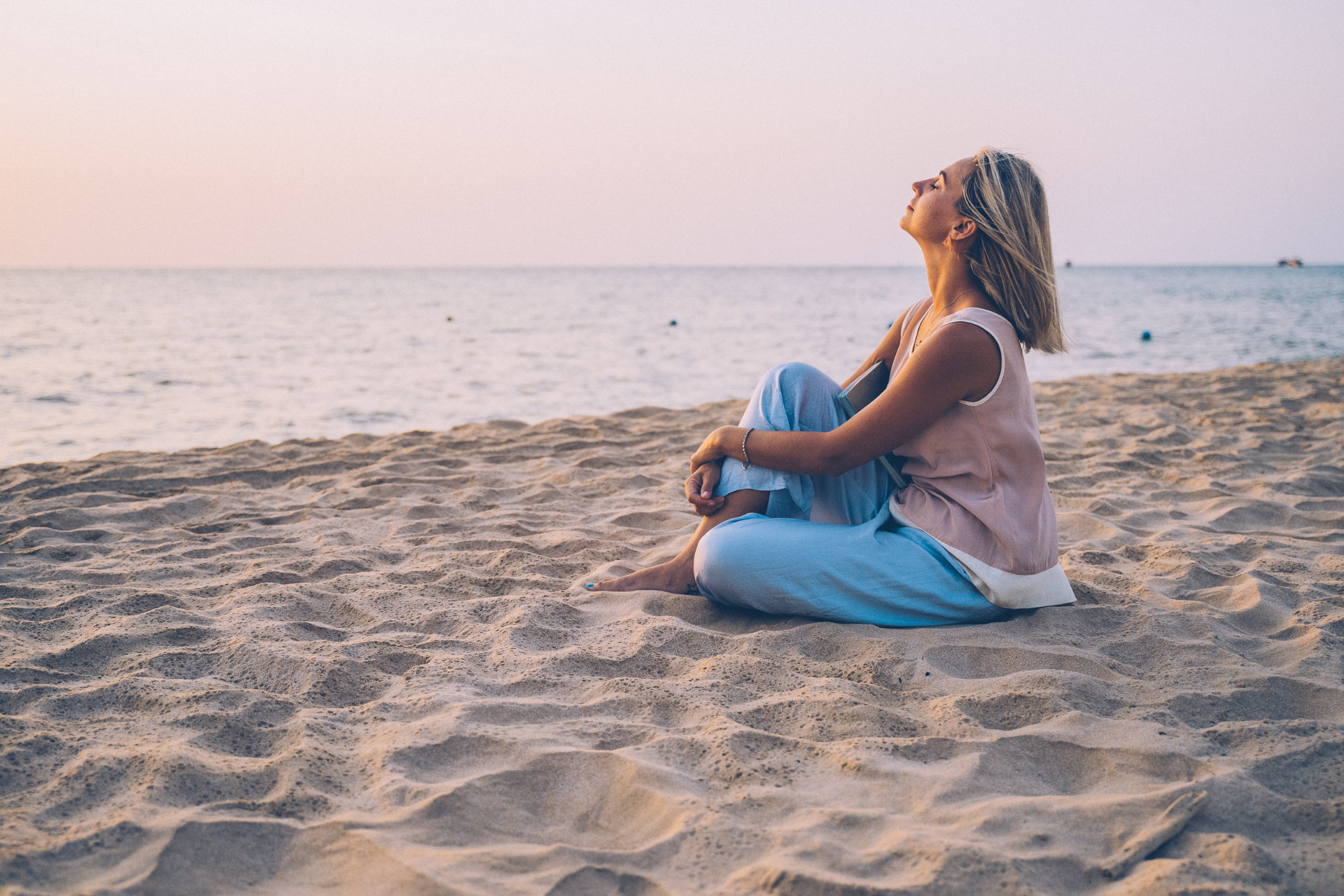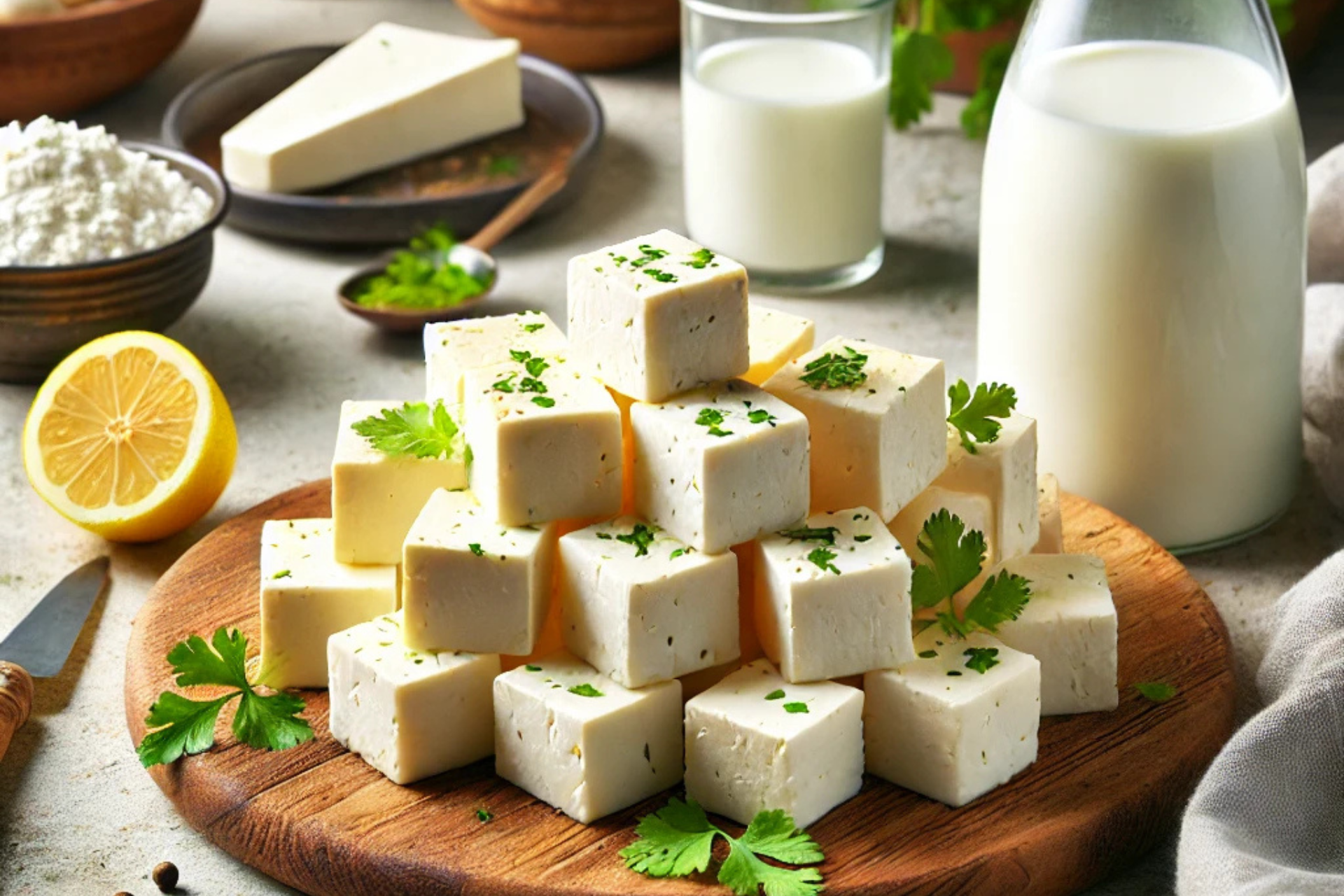PRECOCIOUS PUBERTY:
WHAT MOMS OF DAUGHTERS NEED TO KNOW ABOUT BOOBS
I recently heard an interview on CBC’s radio program The Current, with Florence Williams, author of Breasts: a Natural and Unnatural History. Obviously, it was fascinating. Williams was discussing how our environment has impacted the health of our breasts, with several chemicals clearly linked to the increased rates of breast cancer we are now experiencing. I immediately ran out and got a copy of this compelling book.
You can listen to the interview by clicking here:
In it, Williams describes how girls are growing breasts earlier, but their bodies are not making any more estrogen. The source of estrogen needed for breast development is coming from somewhere else.
This reminded me of a study I’d come across during my Environmental Medicine for Physicians course with Dr. Walter Crinnion in 2009. Researchers were trying to figure out why girls as young as 8 years old were starting to develop breasts (a condition called “premature thelarche”), by comparing them to healthy girls the same age (who had not yet experienced thelarche). When they measured the output of phthalates in their urine, they found the cause. The yellow bars represent the girls with premature thelarche, the blue bars are the healthy girls:
WHAT DOES THIS MEAN?
• Girls who develop breasts prematurely have been exposed to more than 5 times as much estrogen mimicking chemicals as girls who develop breasts normally.
• It is also important to understand what Williams outlines in her book: the earlier girls develop breasts, the earlier they get their first period, the greater their risk of breast cancer in the future.
HOW DO WE DECREASE OUR DAUGHTERS EXPOSURES TO PHTHALATES?
• Williams discusses how phthalates bind to fragrances, so they’re often present in shampoos, soaps, and moisturizers. They are an important ingredient in softening polyvinylchloride (PVC), so they waft out of things like shower curtains, plastic toys, and fake leather. Phthalates may also be present in sandwich bags and plastic wrap, but it’s hard to know, as manufacturers aren’t required to label them.
• Breasts also outlines an important take home message from my Environmental Medicine training: decrease plastics and fragrances in your daughter’s life, and you decrease her risk of premature thelarche and breast cancer!
For more information on optimizing breast health, book a consult at
PURE Natural Health & Wellness and attend our upcoming workshop:
Boobs Bras & Beyond Saturday October 20th@ 2pm
Elly Jenkyns, BSc, ND
Naturopathic Doctor
PURE Natural Health and Wellness
905-650-1144







